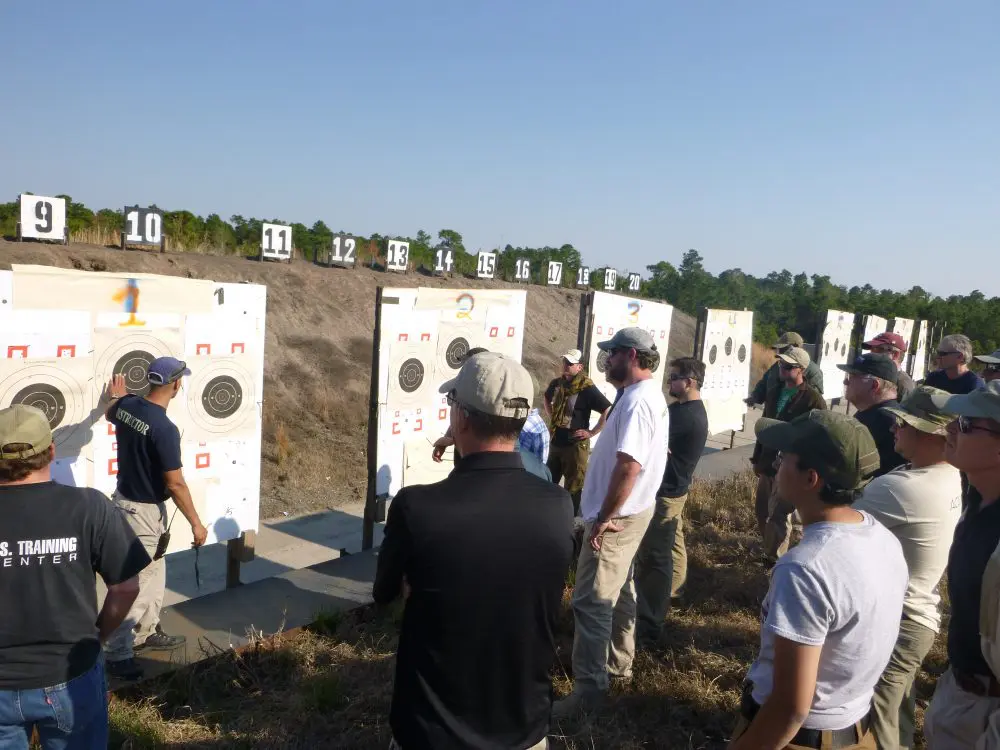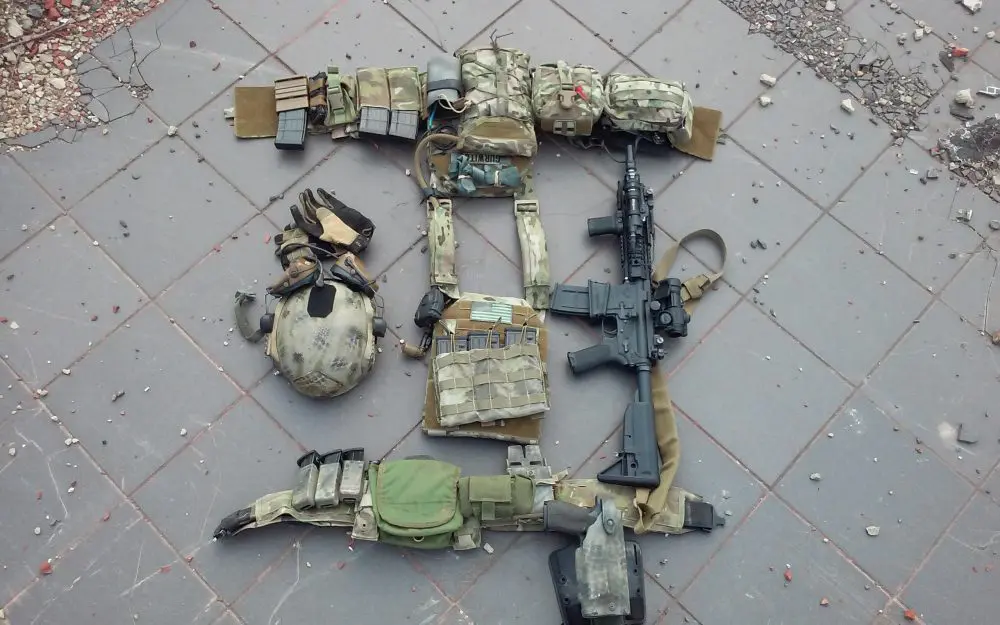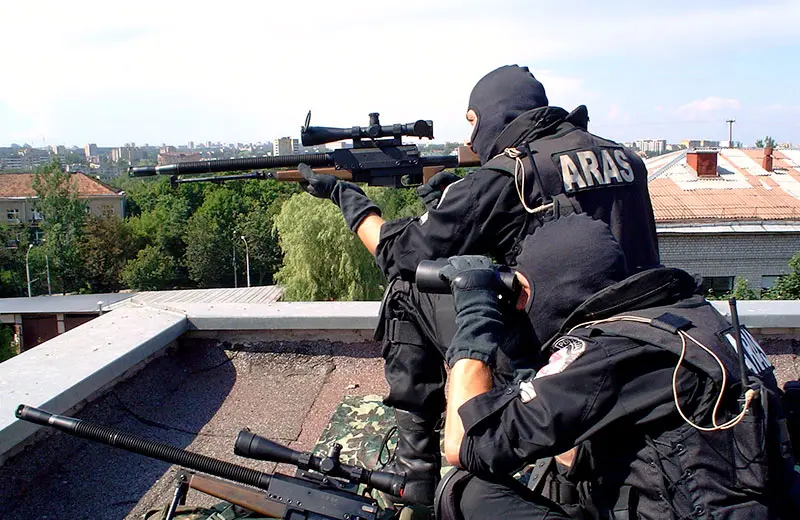Many careers entail varying degrees of risk. Some careers are inherently riskier than others. But police work brings to the table an entirely unpredictable set of life-and-death decisions/actions with a most important caveat. It must operate within strict rules, dictums, and laws of engagement that are questioned at every step.
Few professions demand that such critical thinking be applied within rapidly evolving, unpredictable and, at times, seconds-long events to which one is ultimately held to hard and fast rules. Failure to do so may result in termination, prosecution, lawsuits of massive proportions, and even the disbandment of entire departments.
Ultimately it is a “rule bound” preservation of life and safety of one’s self and others. This has been and will always be a challenging proposition when one’s life and that of others are placed in jeopardy.
In order to protect our constitutional rights, these laws must be adhered to. This is what sets our country apart from others and ensures the protection of that very essential democracy envisioned by our forefathers. Those laws that police must adhere to often require an instantaneous response that affords little if any time for reflection and introspection when critical actions are necessary.
In the same instant, every step, decision, and subsequent action will be intensely studied, reviewed, and questioned. “Therein lies the rub,” to misquote Shakespeare’s Hamlet. This is where the obstacles lie.
The average career in the military is four years of service versus 20 years in police work and firefighting. If one is working the streets or works in high-risk units, this translates into each and every day of deployment bringing the attendant unknown risks and hazards that are by and large unpredictable. When leaving home, one never knows what will transpire in the intervening watch.
Due to the unpredictability of the human being, a generic traffic stop can turn deadly in a fraction of a second. A “family dispute” can spiral out of control in the same fashion. Any number of police encounters bear the same unpredictability factor. In that very same moment, constitutional laws, departmental protocols, police procedures, and best practices must be brought to bear on the situation.
It is anything but an easy proposition.
Field scenarios care not whether one is a fresh-faced novice in the first day and hour on the job or the very last hour of a seasoned 30-year career.
Theory is one thing, but practical application is an entirely different matter. Theory may not take into account fear, trepidation, hesitancy, or the myriad of human components that are set into place when humans are behind the badge.
Any of these quite real factors have resulted in gross misperceptions, overreaction, or hesitancy at crucial moments that have in turn resulted in catastrophic events. In a sense, an officer is expected to perform to perfection when such perfection is often unattainable within real-world settings and imposed compressed time constraints.
Communications, available resources, and the time allotted to consider alternative options are simply driven out of the equation when seconds or fractions thereof are involved. Add to the mix the very real indeterminable, ungovernable actions of others and the situation compounds itself.
The foregoing directly equates into human stress. The decisions and responses taken right out of roll call are stressors that do not quit until end of watch and in some instances, remain for hours, days or even weeks after traumatic events have transpired.
In a sense, a “righteous street cop” is involved in a sort of war with himself, the law, the department, and the bad guys 24 hours a day year after year. This can result in not only the hazards of the street being imposed on the psyche, but attendant problems such as personal relationships and quality of life issues.
Individuals cope with these issues through various means. Negative coping mechanisms may entail substance abuse and/or damaging relationships and activities. Positive coping mechanisms are ones that put all this into its proper perspective.
Outside activities not involving police work and that are positive in nature, or external short- and long-term goals that have nothing to do with the criminal realm might well be beneficial to one’s mental stability and overall health.
I myself have many interests that range from surfing to fishing, golf, reading, and playing the guitar, which have absolutely nothing to do with law enforcement.
A dangerous predicament to fall into is that of the sense of one’s self being entirely wrapped up in being a police officer. In other words, as long as one is an active officer, this is one’s singular and only sense of “self.”
But once the “pin is pulled,” that sense of self evaporates rapidly. In smaller departments and communities, this may not be as noticeable a process, because everyone knows everyone else.
In large metropolitan centers, you are simply a cog in the overall machine and quite insignificant once retired. I was acutely aware of this long before I retired and planned accordingly. Some who have not considered this salient factor have suffered greatly.
Police work therefore is inherently dangerous on many levels. It entails the hazards of the street and accountability and potential criticisms for all of one’s actions in addition to the human stressors that are always present over a prolonged period of time.
It is anything but an easy proposition. It takes time, as it did for me, to fully comprehend the significance of the inherent risks of police work.
But in the end, if placed into proper perspective, it can be a rewarding, fulfilling, and gratifying experience.
Scott Reitz is a 30-year veteran of the Los Angeles Police Department and director of the highly acclaimed International Tactical Training Seminars. Course information and schedules are available at their website at www.internationaltactical.com. Scott also co-hosts the Oxygen channel true-crime series It Takes a Killer.



